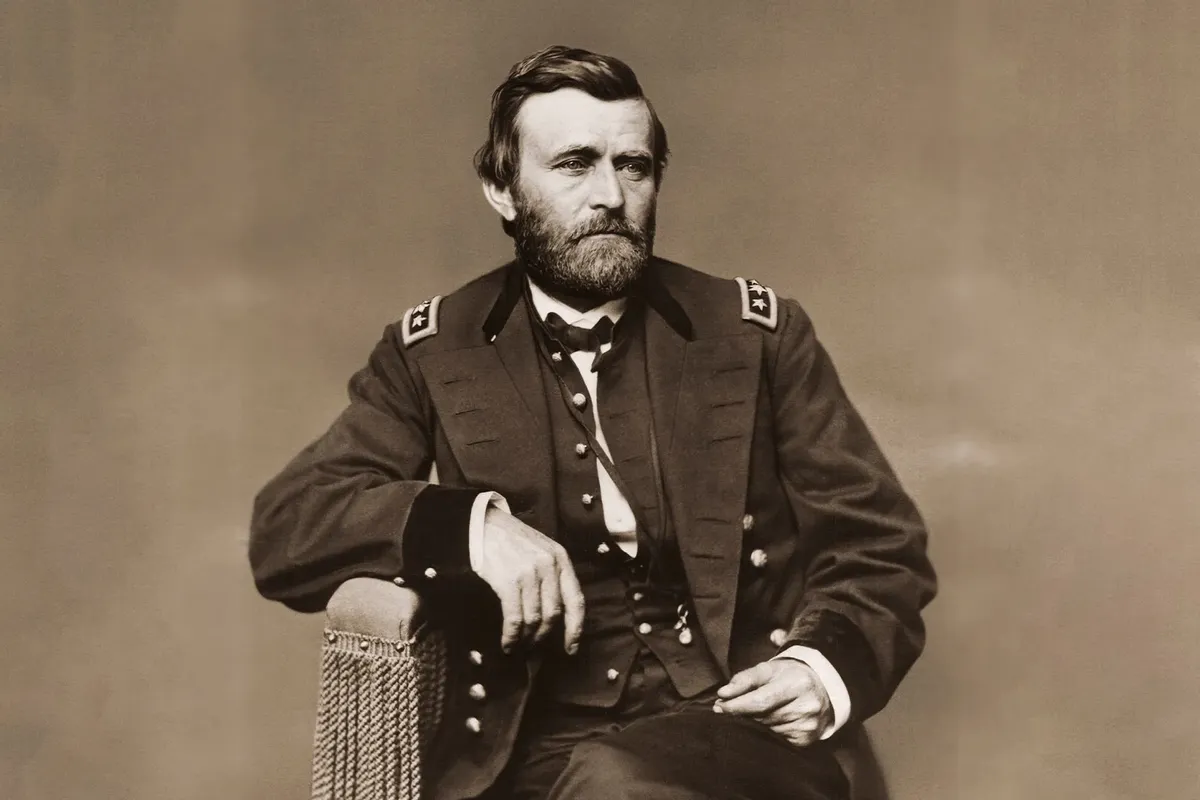thegriffithdc.com – Ulysses S. Grant, a name synonymous with military prowess and presidential leadership, is often remembered by his nickname, “Unconditional Surrender Grant.” This moniker, derived from his uncompromising approach to warfare, encapsulates the essence of his military career and his eventual rise to the presidency of the United States.
Early Military Career and the Nickname
Grant’s military career began in the Mexican-American War, but it was during the American Civil War that he truly made his mark. His strategic victories at Fort Henry and Fort Donelson in 1862 were pivotal. It was at Fort Donelson that Grant issued his famous demand for “unconditional and immediate surrender,” a phrase that would later define his military persona. This demand, coupled with his subsequent victories, earned him the nickname “Unconditional Surrender Grant,” a play on his initials, U.S.G.
Civil War Leadership
Grant’s military successes continued throughout the Civil War, leading to his promotion to lieutenant general and command of all Union armies. His leadership was characterized by a relentless pursuit of the Confederate forces, culminating in the surrender of General Robert E. Lee at Appomattox Court House in 1865.
Presidency
After the war, Grant’s popularity and military success led to his election as the 18th President of the United States, serving from 1869 to 1877. His presidency was marked by efforts to rebuild the nation after the Civil War, including support for the Reconstruction of the South and the establishment of the Freedmen’s Bureau to aid former slaves.
Legacy
Grant’s presidency, however, was not without controversy. He faced accusations of corruption and inefficiency, particularly in his administration’s handling of public office appointments and financial dealings. Despite these challenges, Grant’s legacy as a military leader and his efforts to heal a divided nation remain significant.
Conclusion
Ulysses S. Grant’s nickname, “Unconditional Surrender Grant,” reflects his uncompromising approach to warfare and his role in ending the Civil War. His presidency, while marred by scandal, was also a period of significant reconstruction and reform. Grant’s life and career serve as a testament to the complexities of leadership and the enduring impact of decisive action in times of crisis.
